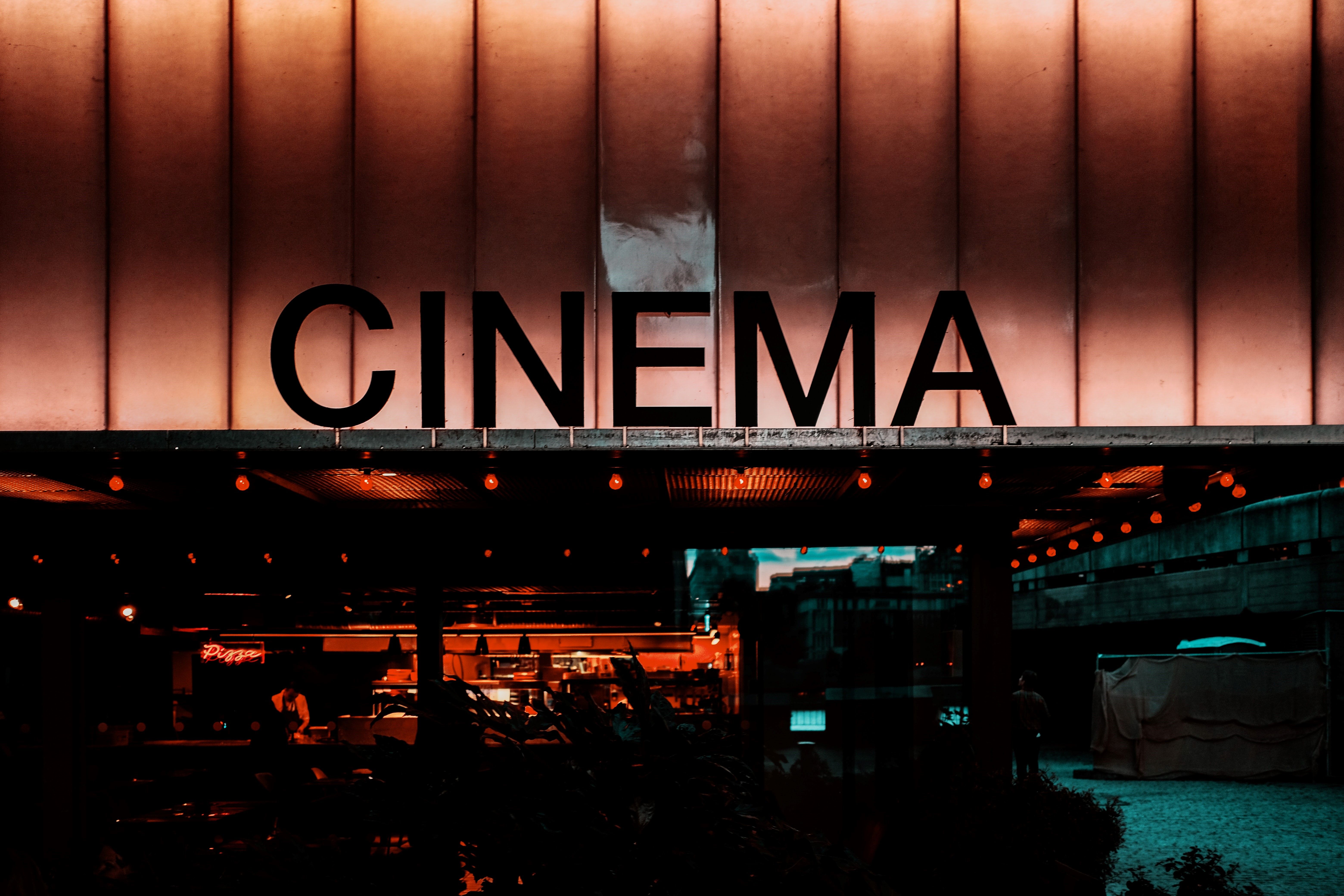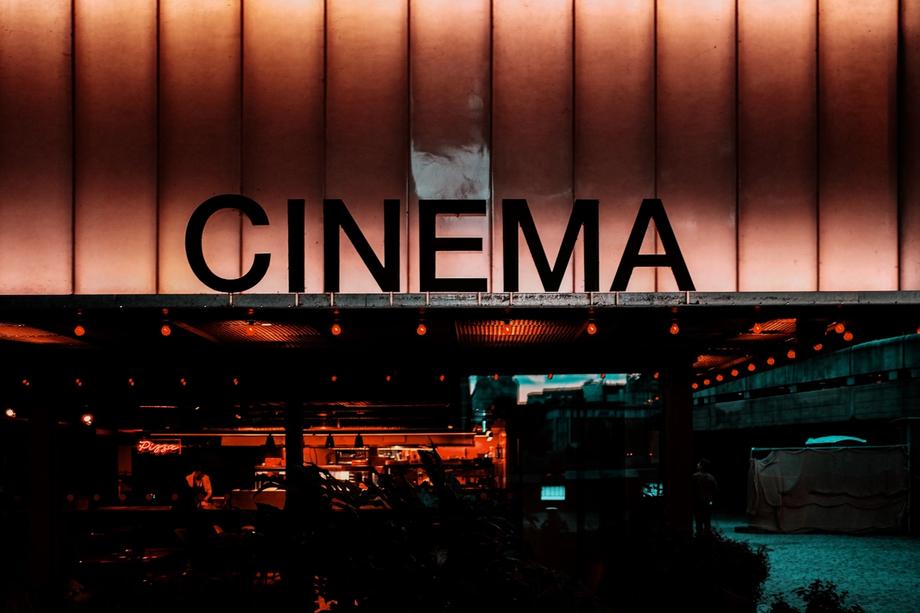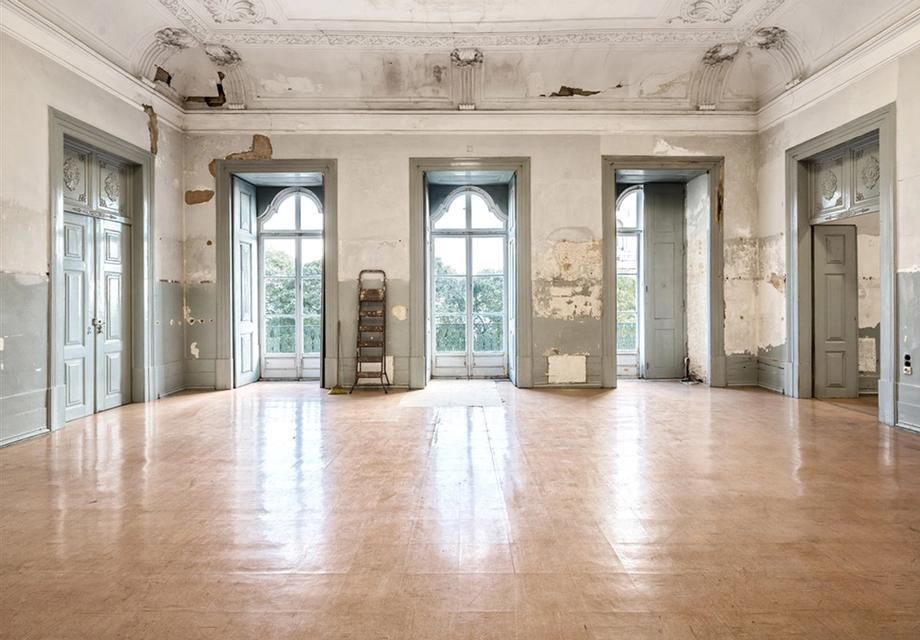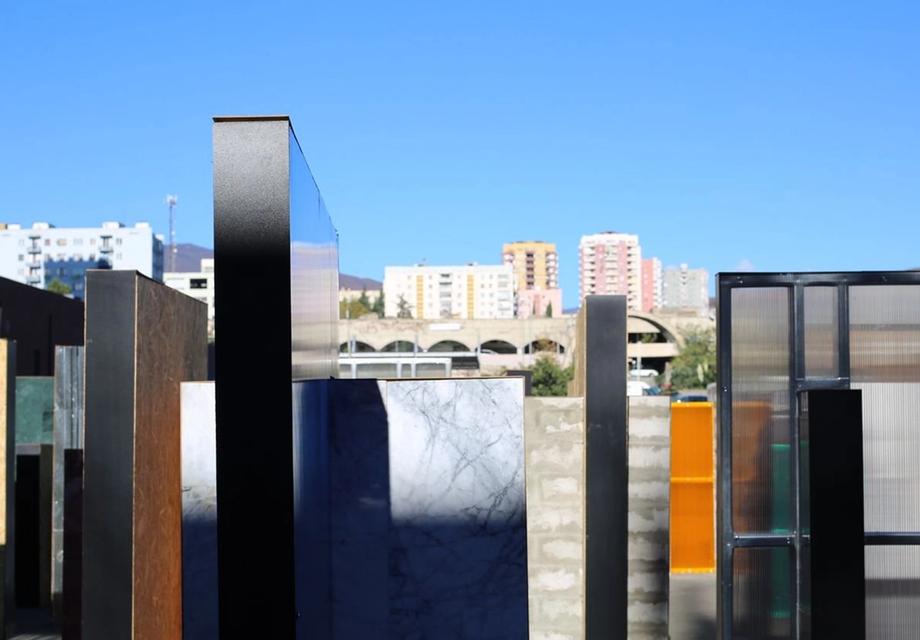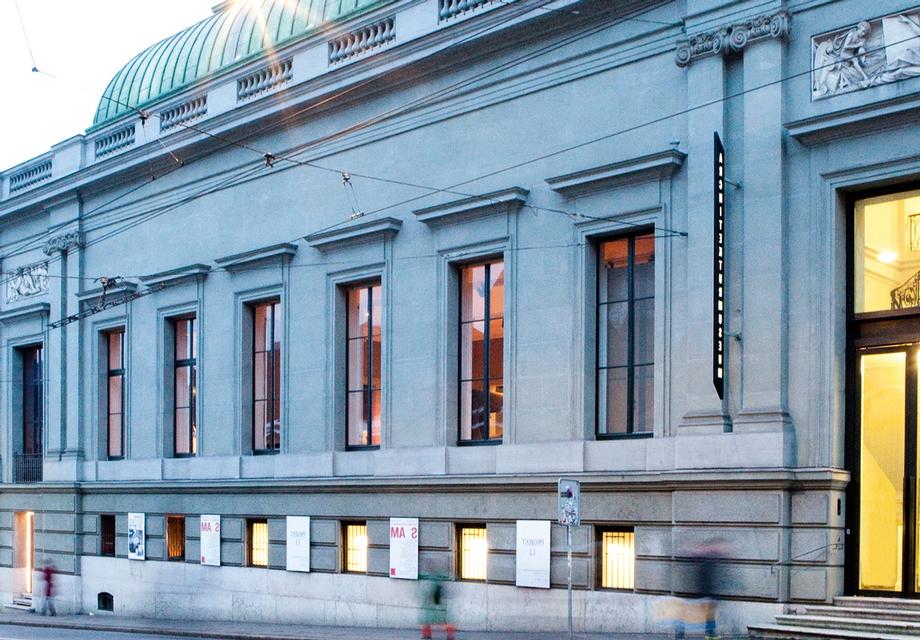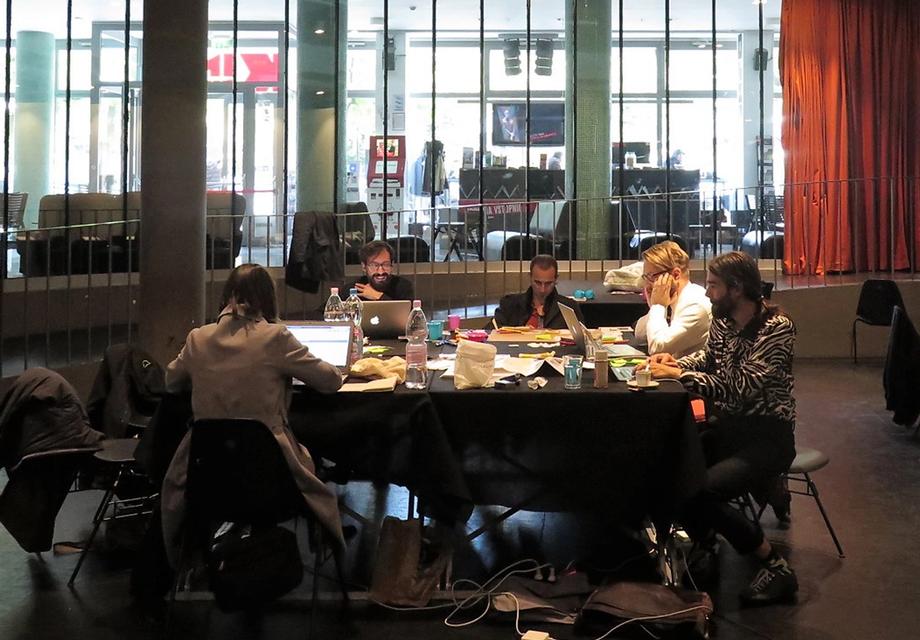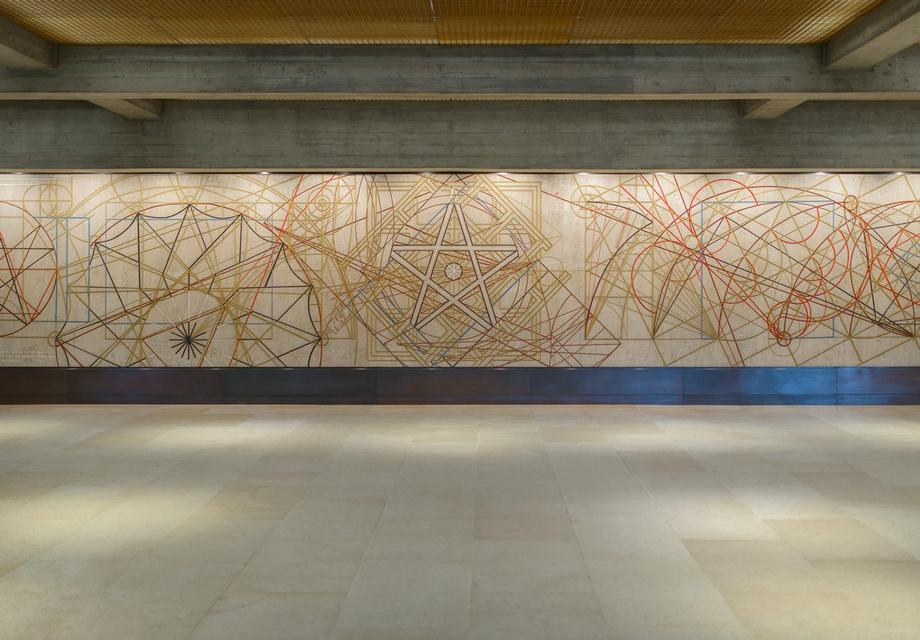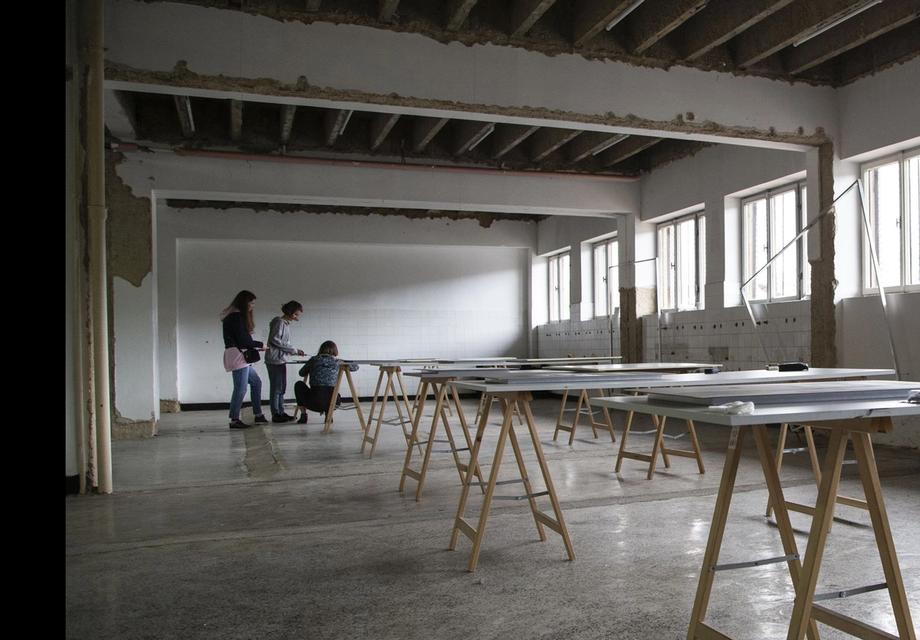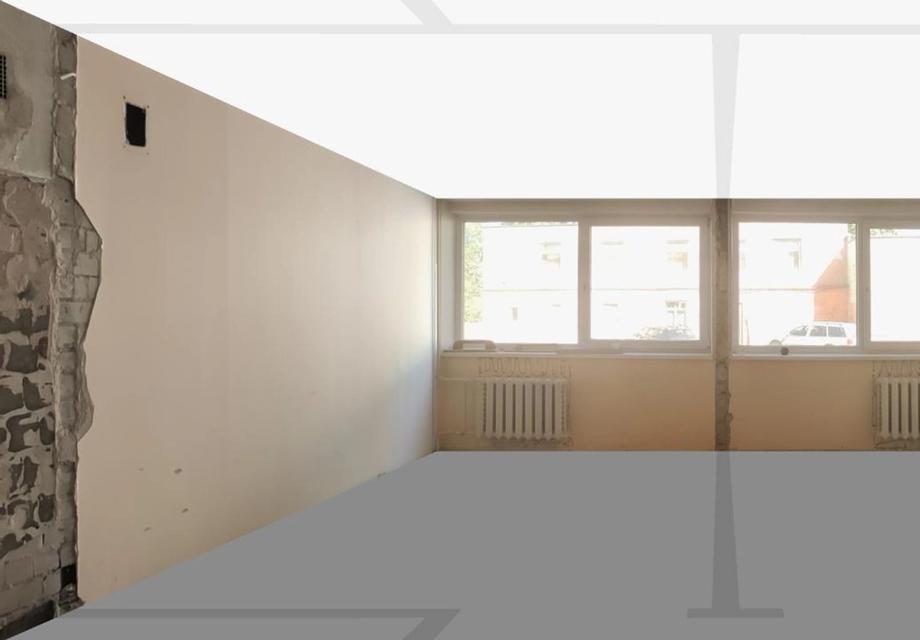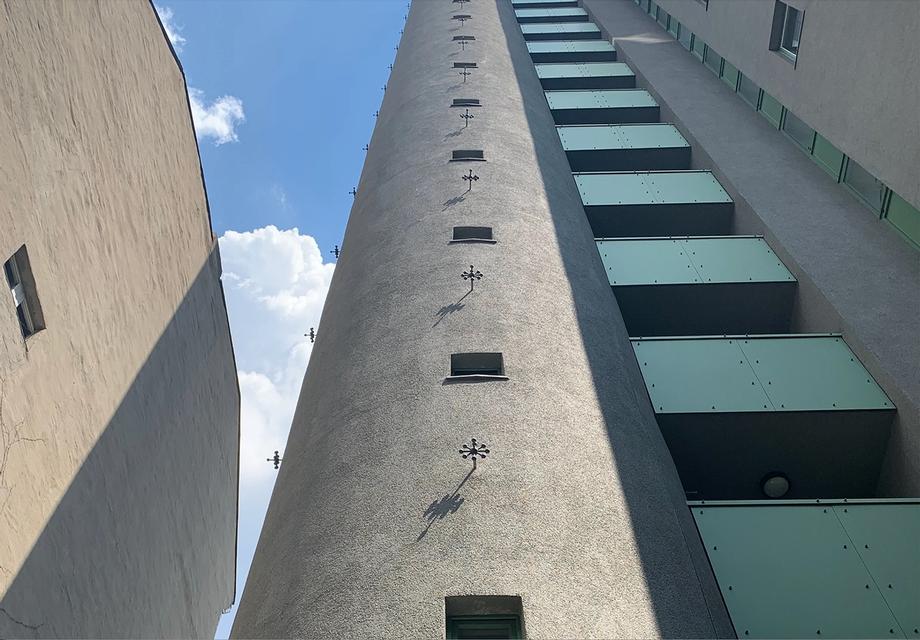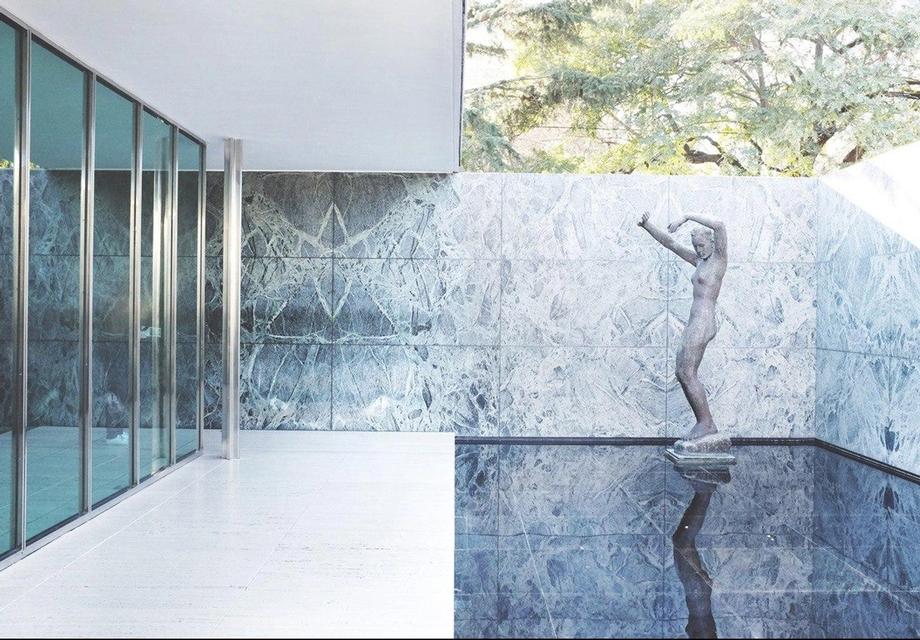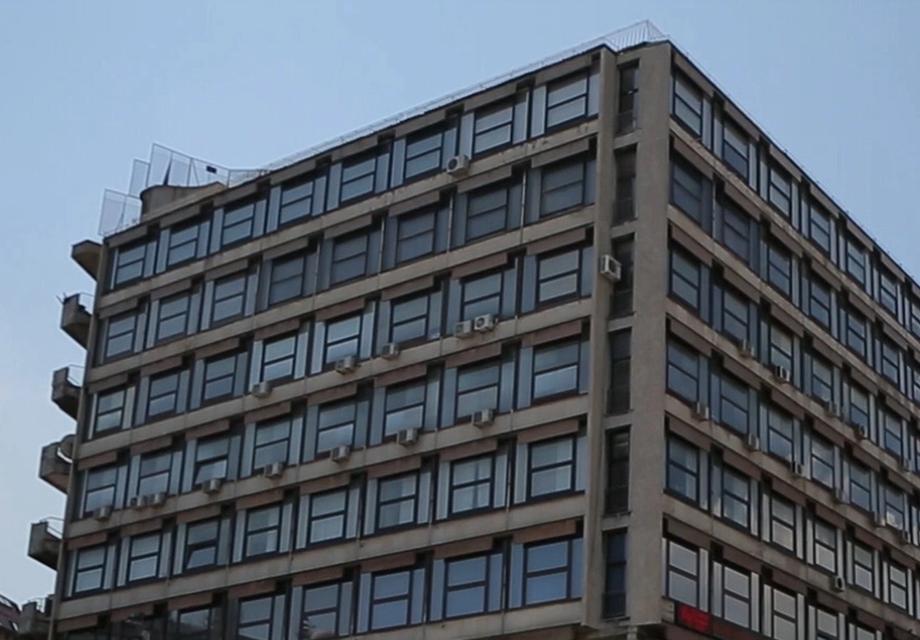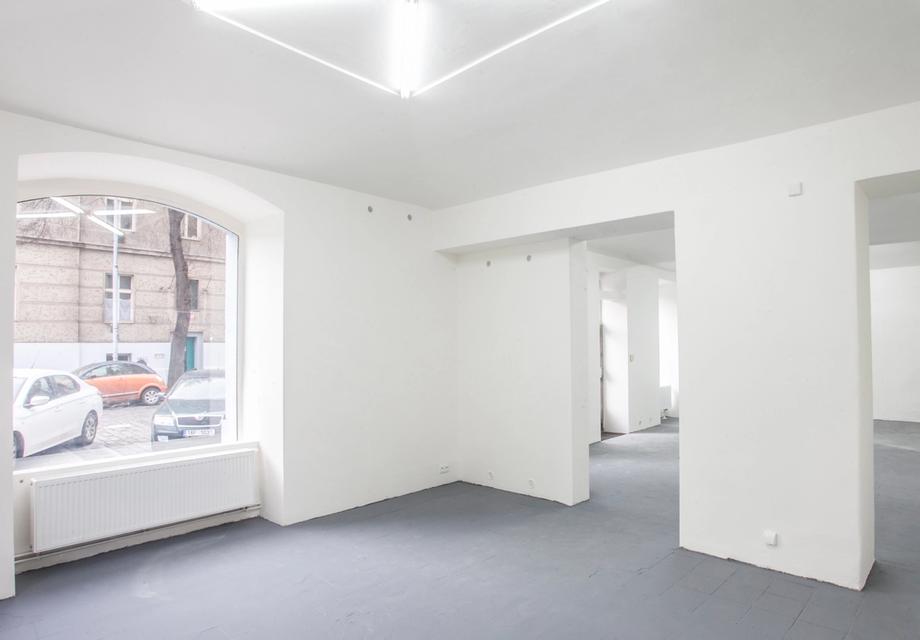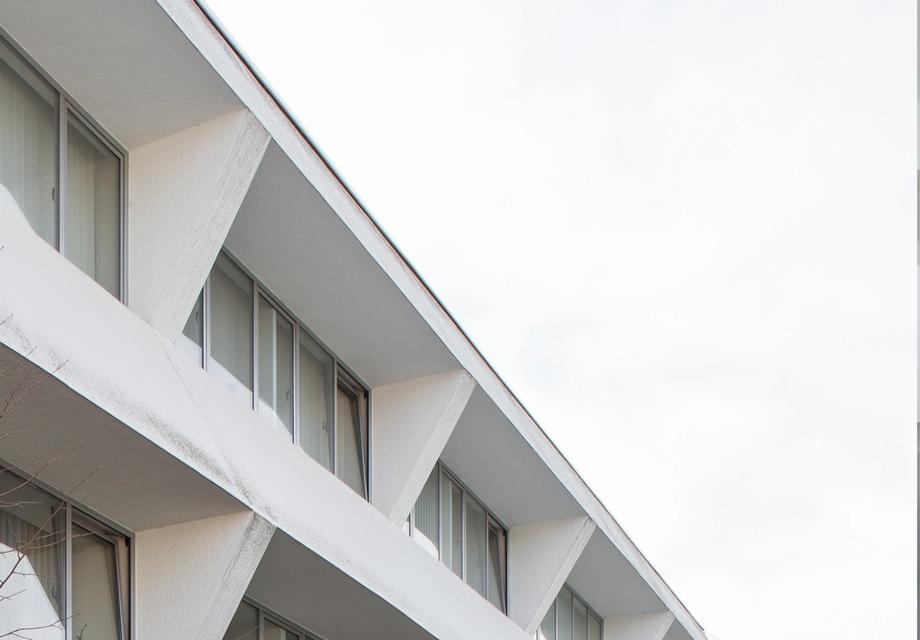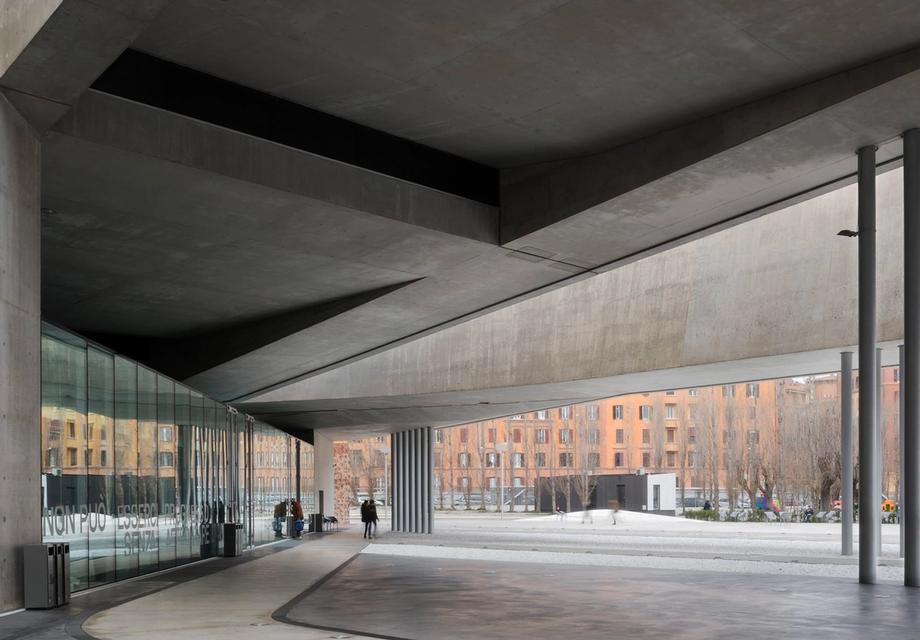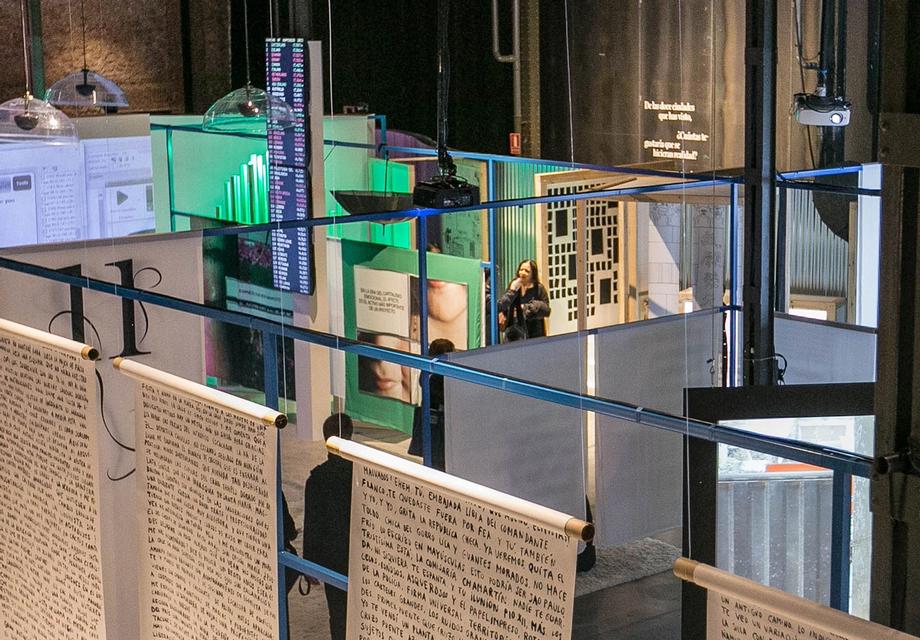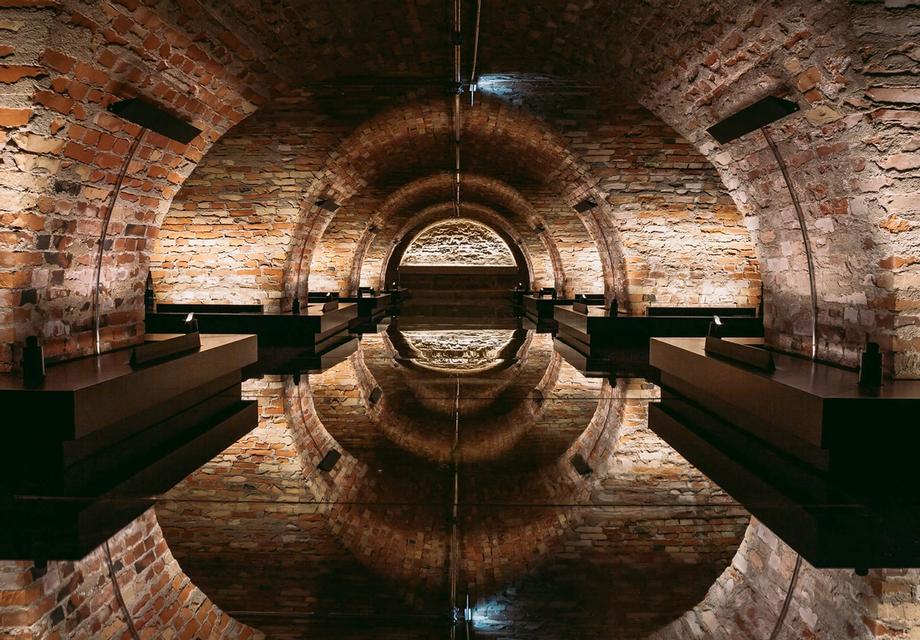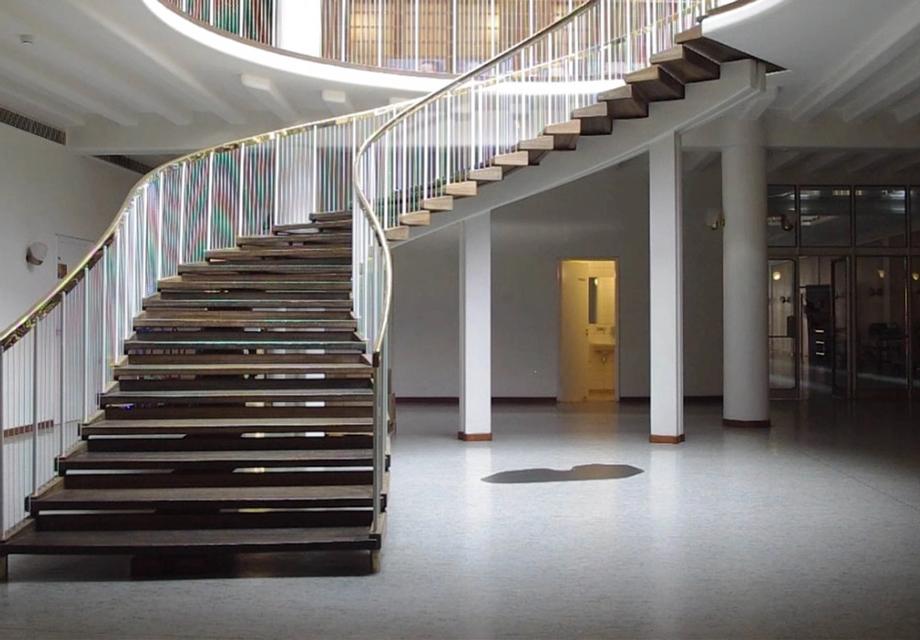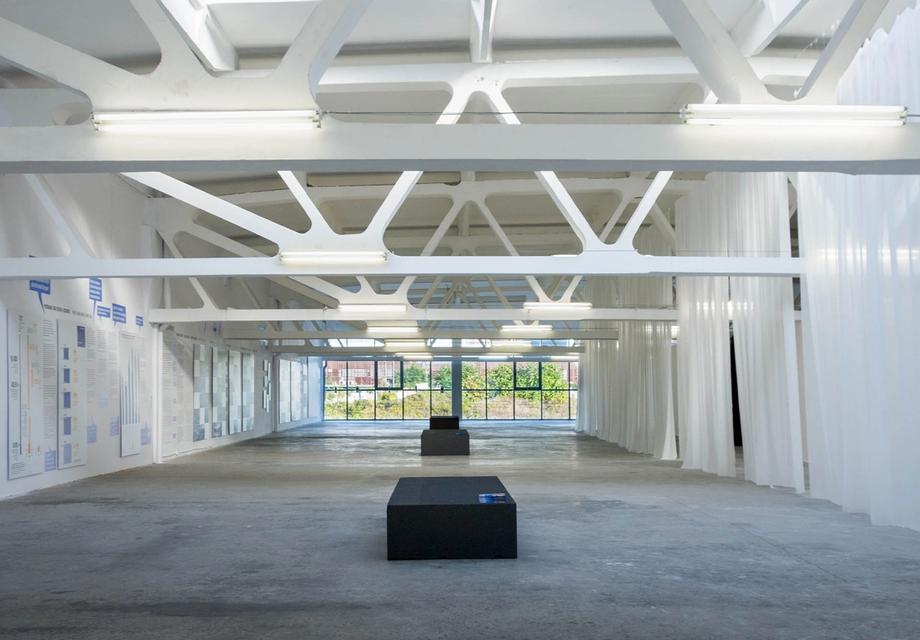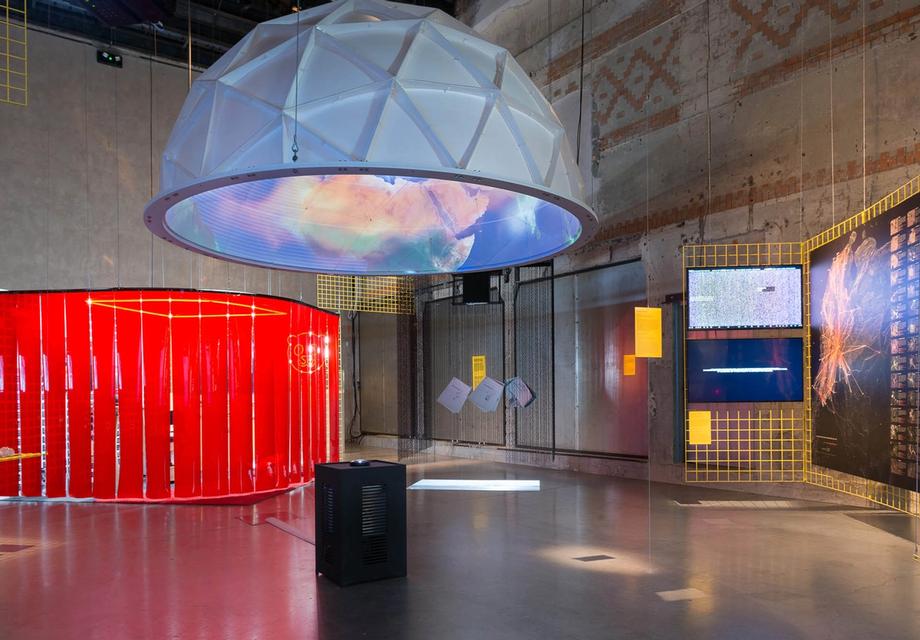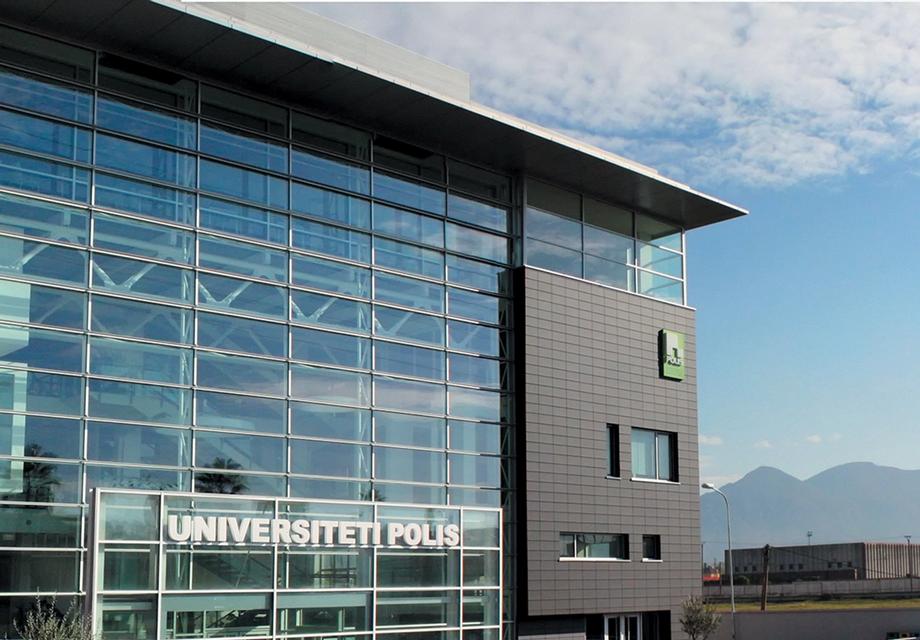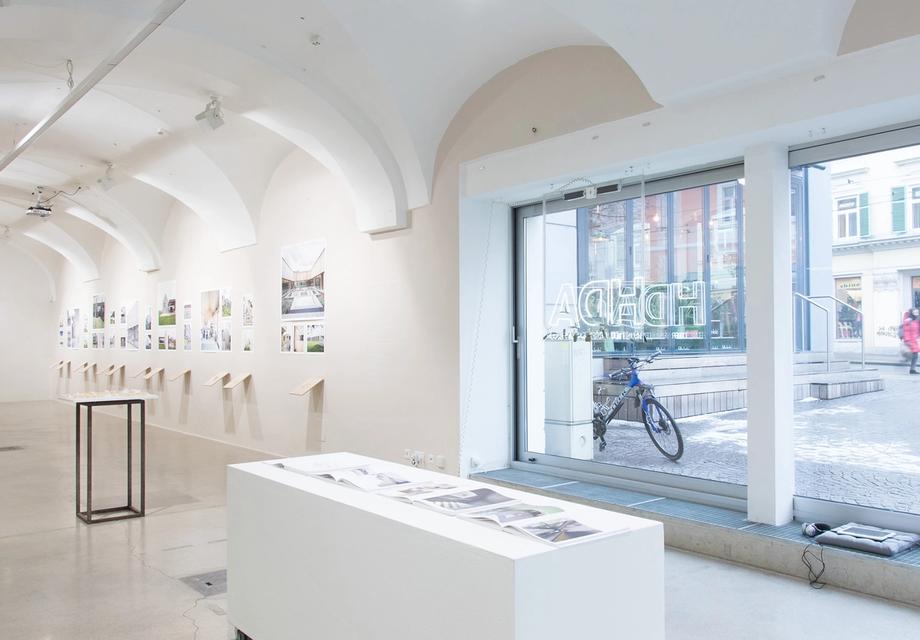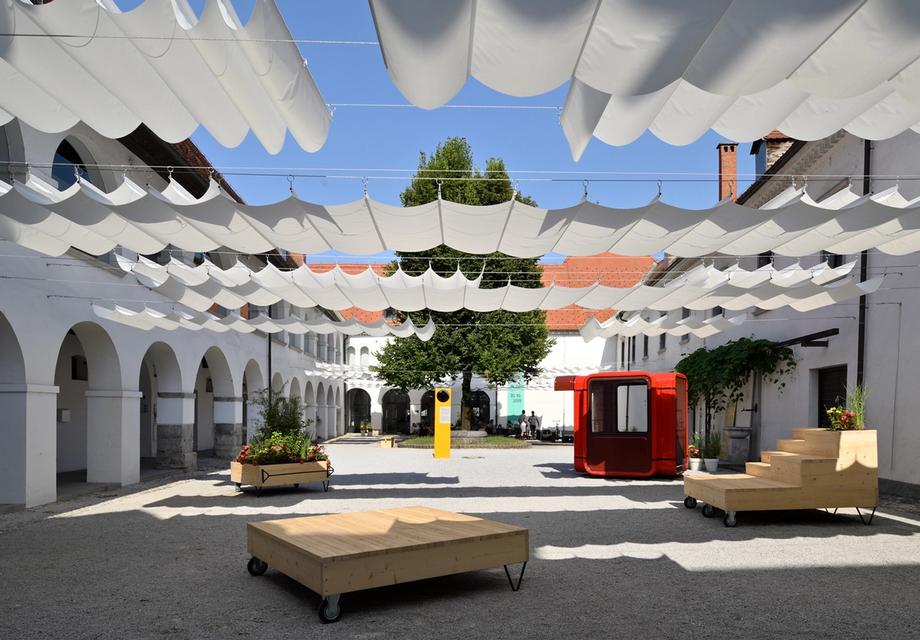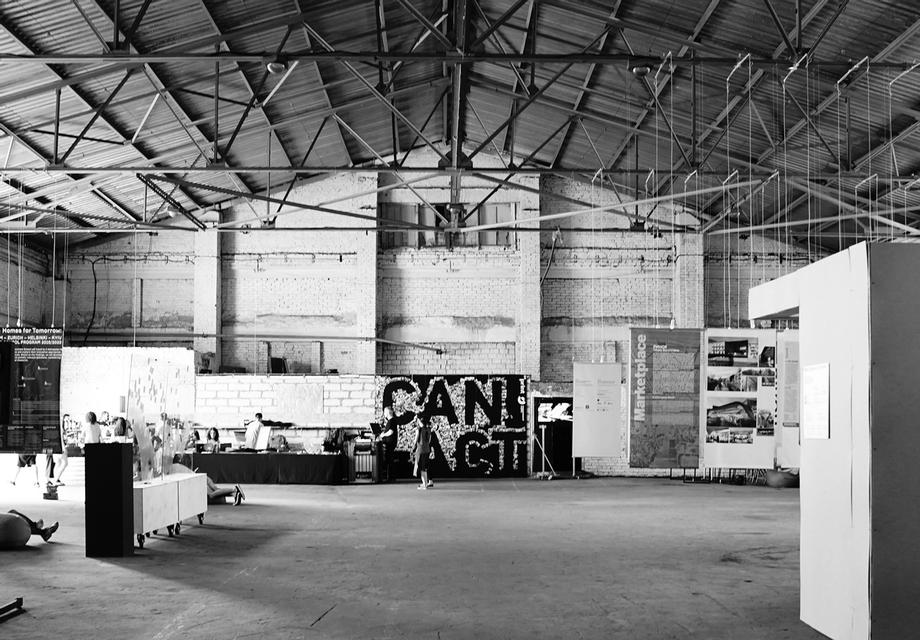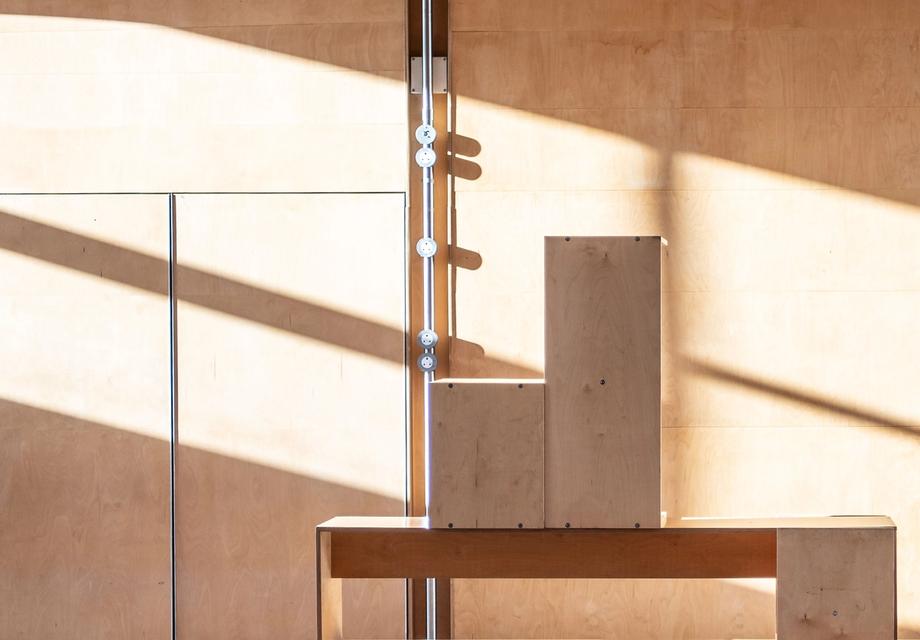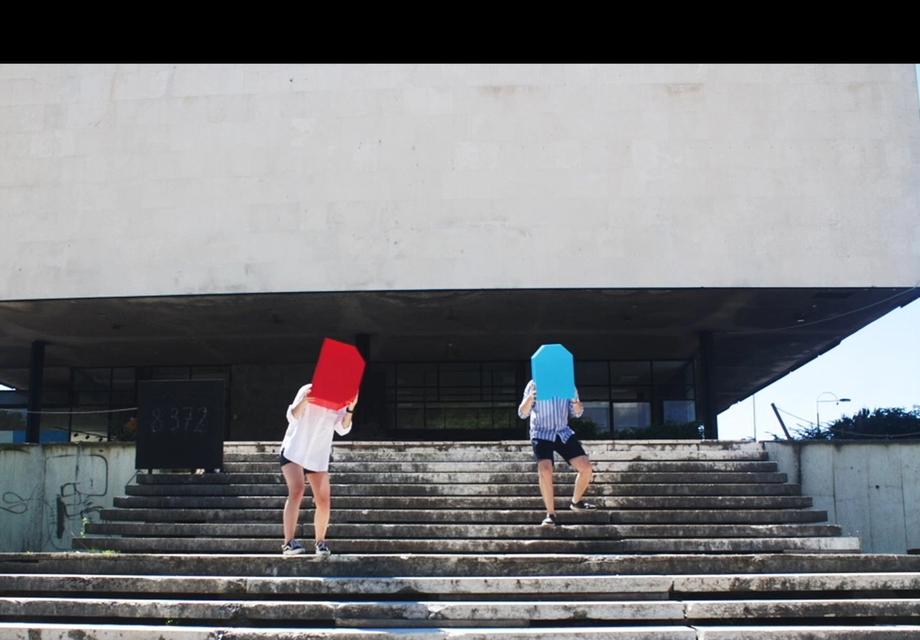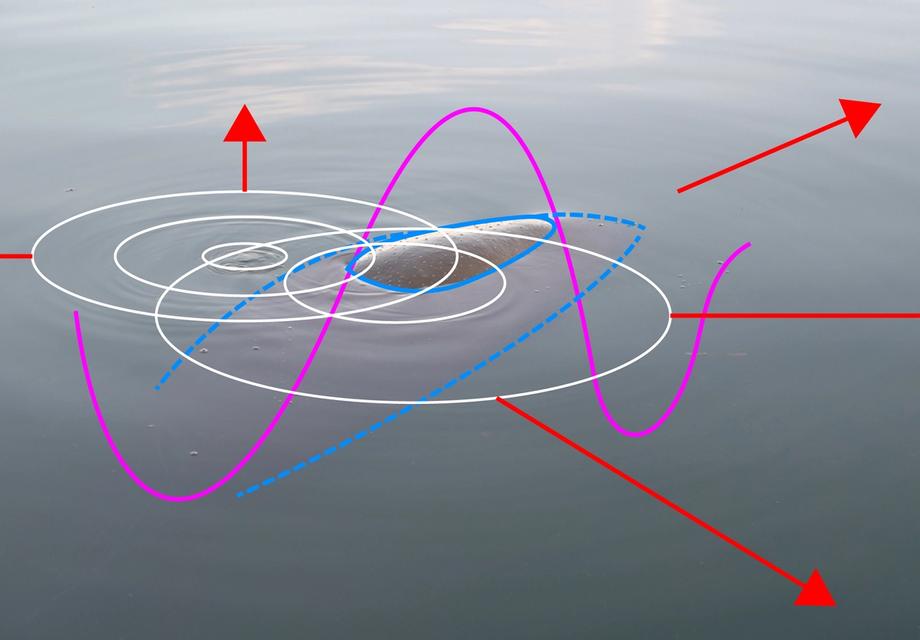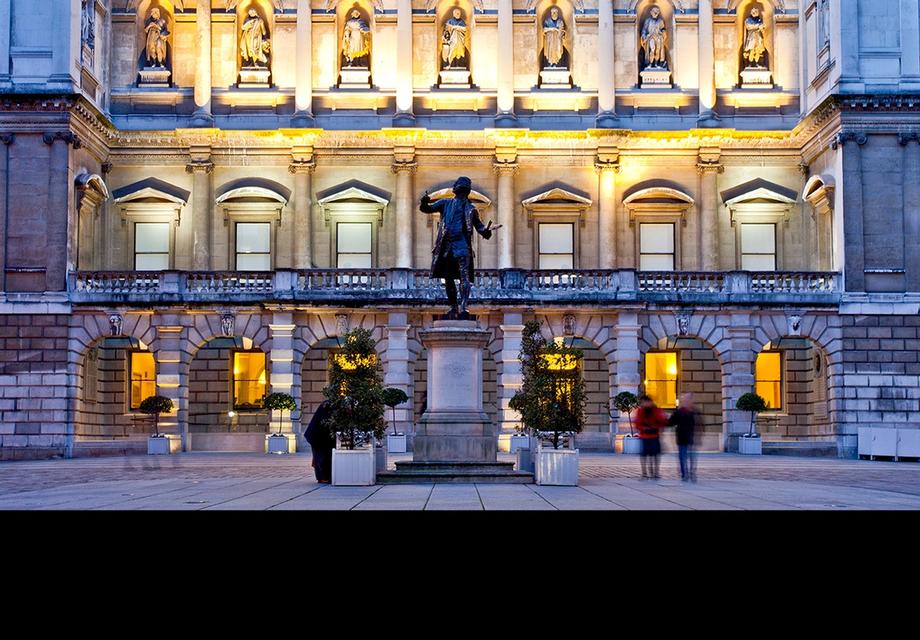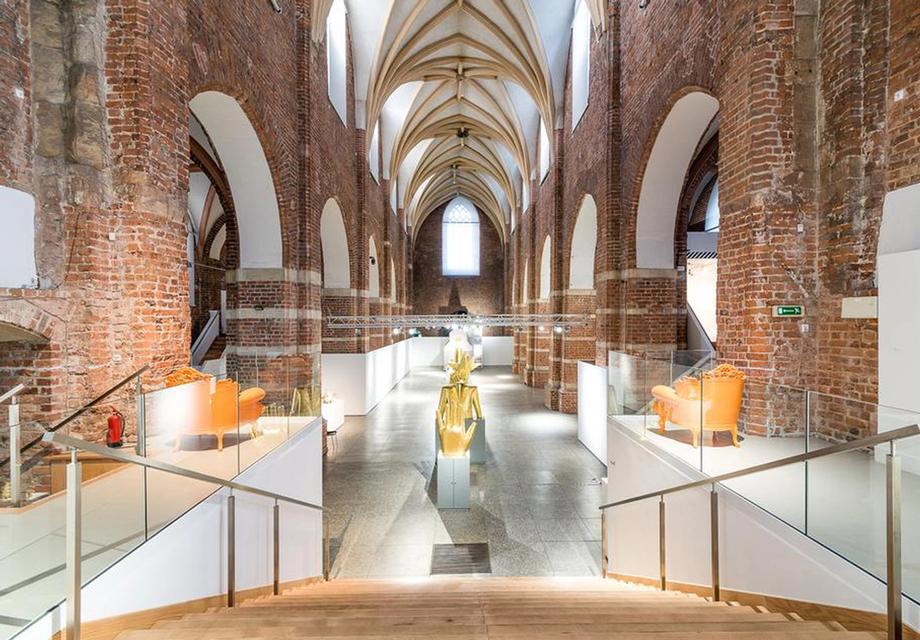ARCHITECTURE FILM SUMMER SCHOOL
Promoted under a large thematic hat entitled "Landscapes of care", this year's Future Architecture program focuses on the need and urgency of the act of "taking care" in its many meanings. As part of this initiative, MAXXI invited five selected participants to the second edition of the Architecture Film Summer School, a workshop aimed at creating video artworks that investigate the different aspects of design that are at the core of the museum’s programming.
This year’s Summer School was dedicated to “Buone Nuove/Good News”, an exhibition that intends to recount the changes taking place in the world of architecture, from the passively accepted stereotype of the 'one-man-driven' architecture studio to a much more complex, diverse professional and cultural geography. While the exhibition focuses on the new gender alignments within the architecture practice, the Architecture Film Summer School was a tool to explore the other side of the story: the relationship between gender and space.
The School took place from June to September 2021 and opened with a collective event organized by MAXXI, Copenhagen Architecture Festival, BINA Belgrade International Architecture Week and Oslo Architecture Triennale, all sharing a program of initiatives related to the production of architecture films.
Coming from different backgrounds, cultures, parts of the world and time zones, the five participants invited to the Architecture Film Summer School attended online lectures and tutoring sessions that saw the participation of Bartlett School of Architecture Professor, Barbara Penner; film director, author and founder of Muse Factory of Projects, Francesca Molteni and video artist Jasmina Cibic, who followed and supported them throughout the whole duration of the workshop.
From the critical reinterpretation of public spaces, to the sculptural performance, from the rereading of forms through sound, to the non-binary representation of space, the five videos produced and here presented try to respond to the questions: can gender identity be a way to experience and define space? Can space, both public and private, be “gendered”? Does gender influence or fail to influence the space we live in and the way we design it? How does the connection between gender and space influence the way we perceive it?
Films:
Chorus
by Matty Roodt, Meghan Ho-Tong and Lucienne Bestall
In Chorus, fiction lends to architecture an alternative retelling. Taking as site a modernist Nederduitse Gereformeerde Kerk (Dutch Reformed Church) set in the mountains of South Africa, the imagined narrative augments the otherworldly qualities of the structure and its landscape, abstracting it from historical specificity to offer new considerations. The film recalls how the voices that once belonged to the congregation became freed from the bodies that housed them, occupying the interior of the building with their song. Architecture becomes score, offering prompts sung by a local choir for the film’s soundscape and reinterpreting this structure of dominion with novel subtlety.
Matty Roodt, Meghan Ho-Tong and Lucienne Bestall live and work in Cape Town, South Africa. An artist, architect and writer (among other things), their collaborative practice extends narrative filmmaking as a research methodology to think through gendered power relationships in the built environment. Chorus is their second film.
Lavastories
by fem_arc collective
What stories do women carry with them to navigate worlds created for men? Through the lens of womxn’s experience, this short film examines public restrooms, standardized and secondary spaces that make participation in public life possible for some of us. A toilet attendant shares the experiential knowledge she encounters in her various workplaces aiming to spark better discussions about the design of public restrooms. This film is part of fem_arc's GOSSIP project. Share more stories www.gossips.city
fem_arc is a Berlin-based collective of architects working on projects from an intersectional angle. Since 2018, they have been critically examining power structures in space and the intersection of individual experiences of discrimination due to gender, race, economic status, ability, queerness, religion and others. Through formats such as talks, workshops, a podcast series and audio walks, fem_arc questions norms and standards in the field and propagates spatial strategies that contribute to the production of non-discriminatory spaces.
Message (Acts 1, 2 & 3)
by Regner Ramos
Message (Acts 1, 2 & 3) is composed of three fragments/acts that contest and inform each other. “Message” touches issues of gender and space in the Caribbean island of Puerto Rico, using “El Mensaje de Arecibo”—a binary-coded message sent to a distant galaxy from the world’s then-largest radio telescope facility. The film proposes a critique of patriarchal ideals of gender identity and sexuality. Taking the viewer through the scales of the planetary, the regional, the building, and a non-binary body, the film recounts each fragment/act through three different modes of narrative: scientific publishing, fictional story-telling, and interview conversation.
Regner Ramos holds a PhD in Architecture from The Bartlett School of Architecture. He is a tenured Associate Professor at the University of Puerto Rico School of Architecture, Editor-in-Chief of informa Journal, and Co-director of Wet-Hard Agency. Ramos is coeditor of Queer Sites in Global Context: Technologies, Spaces, and Otherness (Routledge, 2021); his project “Cüirtopia” is funded by the FIPI Grant (2020-2022); and his project “Coloso” is funded be Graham Foundation (2021-2023). Ramos’s research on the relationship between queerness and space is informed by the fragment as a research method, shifting between model-making, drawing, film, and performative writing.
Laundry Day
by Edit Collective
In the UK, and many other places in the Global North, drying of laundry in gardens and on balconies is banned by lease covenants, landlords or management companies. Ironically, the sight of clean laundry can be seen as ‘dirty’ and contaminating or compromising the appearance of the built environment.
Laundry Day is a protest against valuing productive work over reproductive work and against the gendered, puritanical and classist assumption that signs of occupation are not welcome in our built environment.
Edit is a group of women working collectively to challenge the enduring biases and hierarchies embedded in the built environment. Edit’s research looks at architecture and its power to influence and maintain established gender and family roles. In 2019, Edit was invited by the Oslo Architecture Triennale to present Gross Domestic Product—a prototype of a hoover that must be operated by three people simultaneously. Most recently, Edit designed the exhibition on the work of Matrix Feminist Design Co-operative titled How We Live Now for the Barbican Centre in London.
(In) Mura
by Emma Hirsk
(In) Mura represents iterative sculptural, performative, sonic and filmic responses to the contested architectural intimacies of ‘Långholmens Spinnhuset’ (Women’s Prison, 1649-1825), Stockholm, proposing a mediated exchange between rituals of incarceration, archival and contemporary prison typologies, temporality, touch, memory and human/non-human narrative. Unorthodox, uncomfortable choreographies are informed by the way in which a (female) body occupies, transforms and defines restrictive space, representing an augmented response to anatomies of containment, of boundaries, of gender, distortion and confinement, as a way to activate alternative imaginaries for democratic spatial futures.
As an international Artist-Researcher from Northern Ireland, based in Sweden, Emma’s work is contextualised against conflict histories, geo-politics and hybrid identities, that actively counterpoint encounter, performativity, publicness, and materiality towards democratic visions for contested spaces, cultures, images and bodies. With Sculpture as socio-spatial practice, Emma gained an M.A. Fine Art in 2004, exhibiting across USA, UK and Europe, with recent projects including Assault Protection series, 2020, at CFF, Salong Digital, SE, and the ‘Miscarriage: Performative Rituals for Visualising Loss’ research project, 2021, in collaboration with University of Leeds, UK. The Grief Cartographies, 2021, form part of the forthcoming Kluven/Cloven exhibition at Studio 44, Stockholm, as part of the pan-European ‘Woven Network Nordics’ Digital Residency, 2021.
